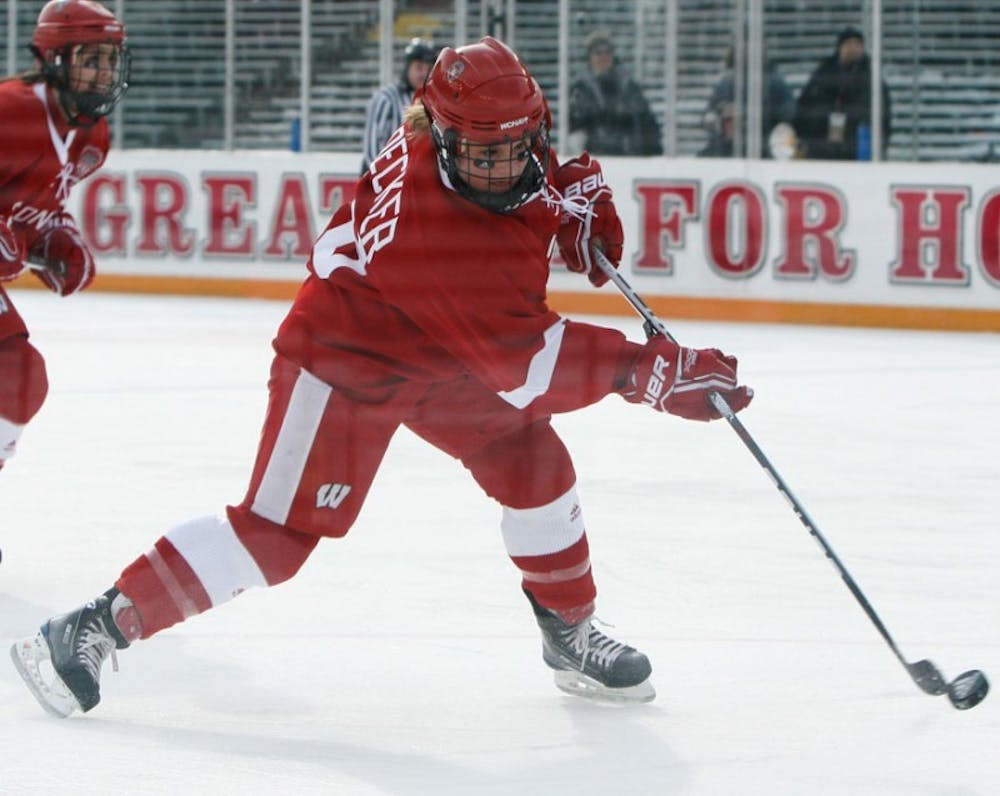Pulitzer Prize-winning Associated Press photojournalist Neal Ulevich returned to UW-Madison Tuesday to talk about his time spent in Vietnam, as well as how photojournalism has progressed and changed since the 1970s. Ulevich graduated from UW-Madison in 1968 and worked at The Daily Cardinal during his time here.
His presentation included a slide show of various photographs taken throughout the half-decade he spent in Vietnam.
\Many were saying we had pictures all over the office walls of dead bodies that had been blown up, but we had a picture proving that wrong,"" Ulevich said. ""I have pictures like that, but some things you just find too inappropriate to photograph.""
Ulevich recalled some of his experiences traveling throughout Vietnam. He spent two hours every Saturday at the place where the Paris Peace Accord of 1973 had been negotiated just in case the Vietnamese decided to release some worthwhile information.
He was also present when the North and South Vietnamese exchanged prisoners of war. According to Ulevich, he was ignored as a photographer.
""We're not talking about politics here. [During the exchange,] we're talking about people being released from harsh incarceration,"" he said.
Ulevich met his wife at UW-Madison. They were later married by the mayor of Saigon, with whom he had a connection.
Ulevich said he originally went to Vietnam because of an experience he had while sitting at a bar in Madison. He said he was watching the war on television in the safety of the United States, when he realized that Vietnam is where he wanted to be.
Once in Vietnam, Ulevich photographed everything from carts on the streets of Saigon to an artillery base after it was bombed.
""I always took pictures, even of things not newsworthy at all because things and culture always change, so we need to have pictures to remember,"" Ulevich said.
Ulevich has some of the only pictures left of certain items, like the transmitter they once used to fax pictures.
Katy Culver, associate professor of journalism at UW-Madison, helped organize the visit.
""[I thought,] given world events, he would have a unique perspective for students,"" she said.






